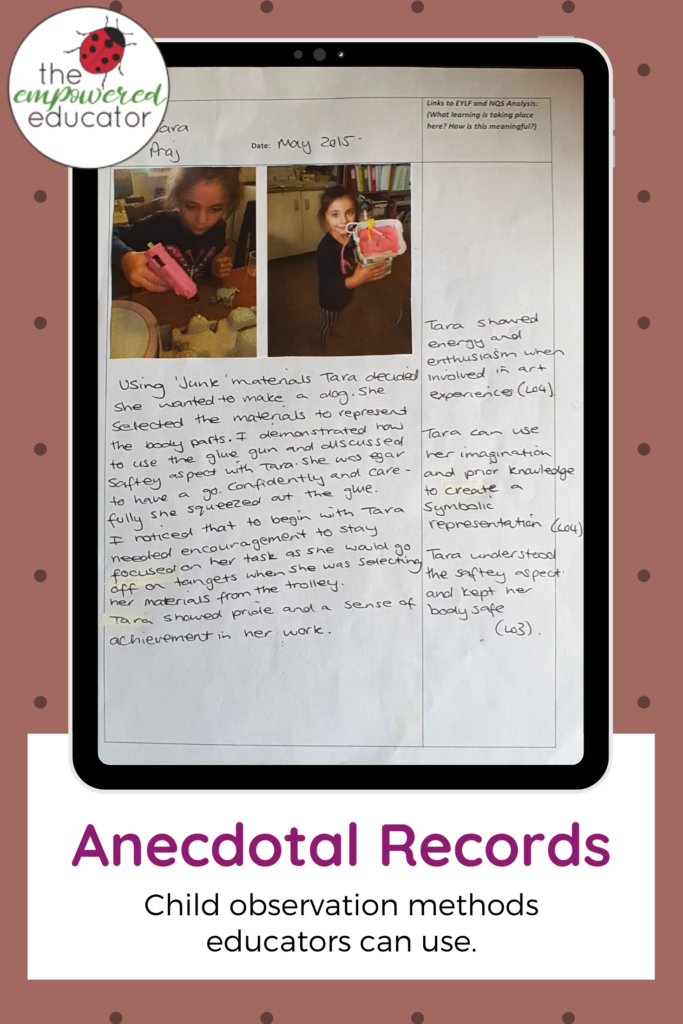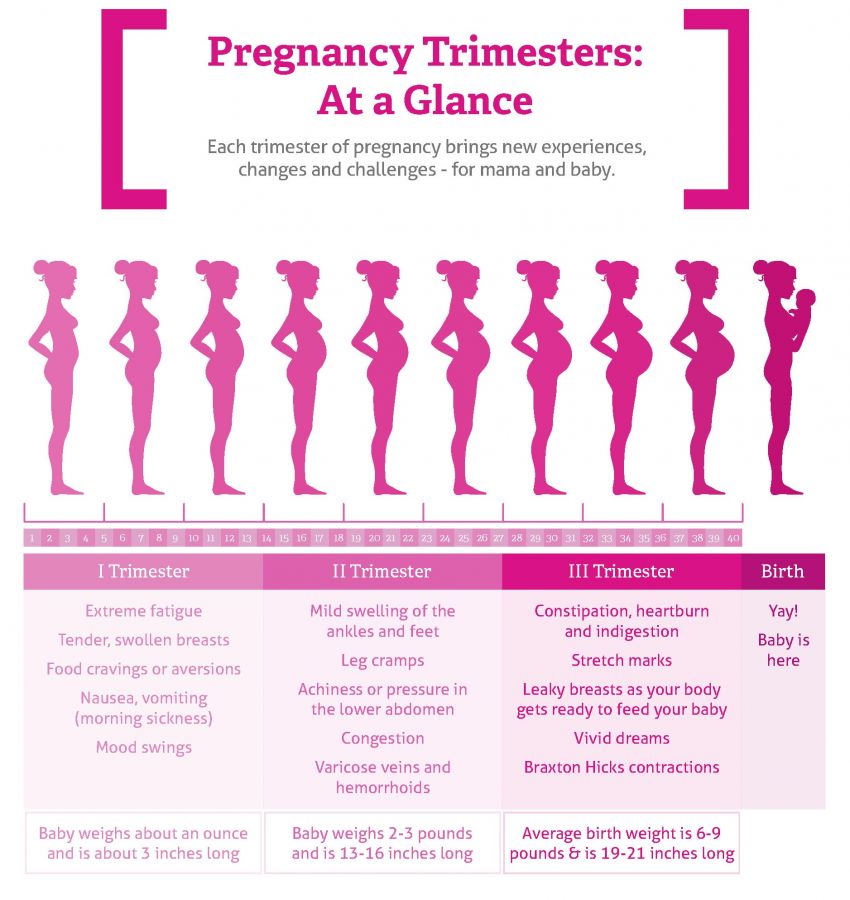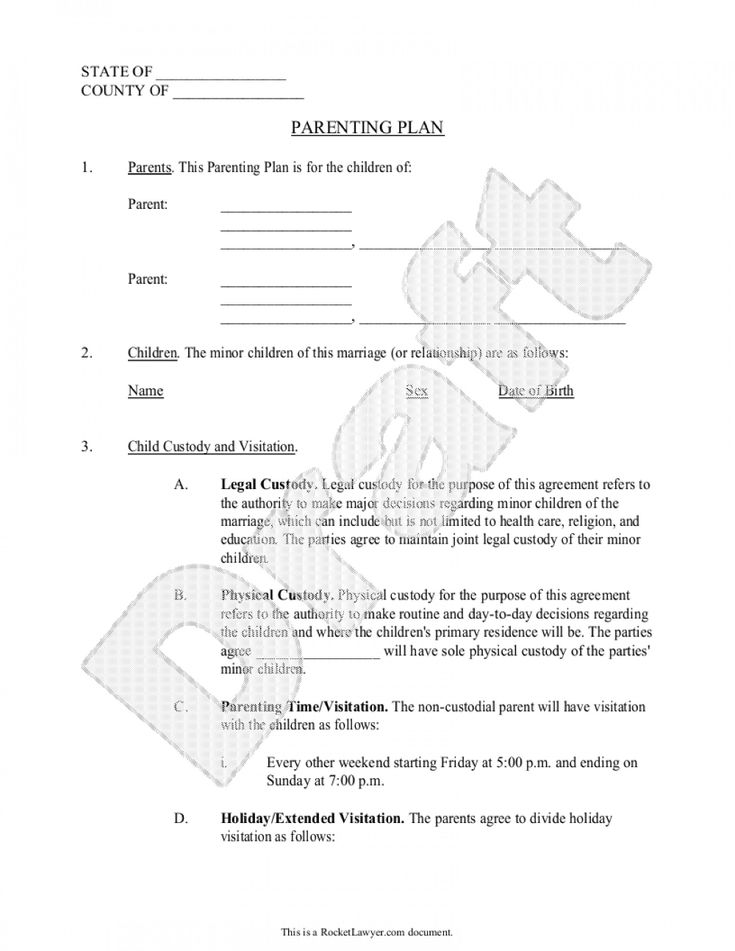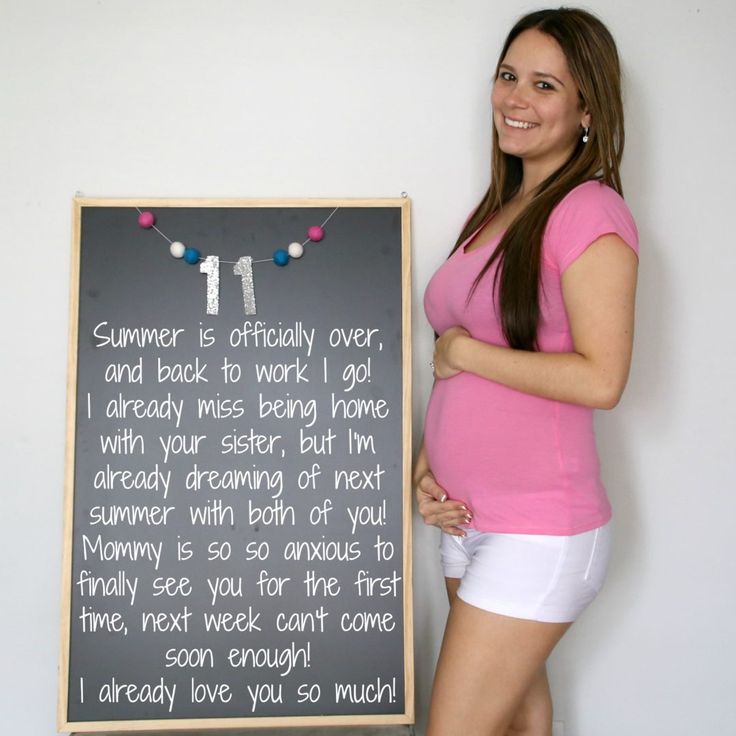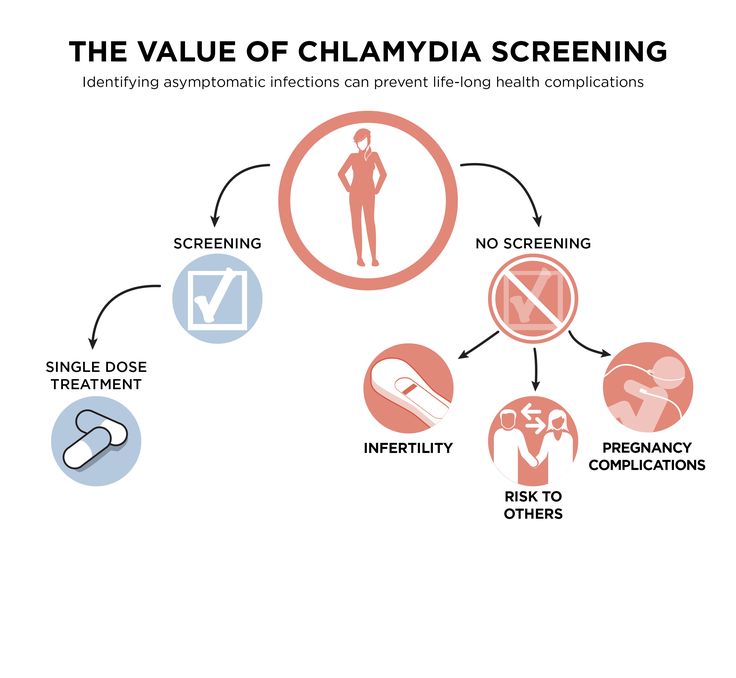How to write an observation on a child
Writing Objective and Accurate Observation Notes
Written observations about infants and toddlers should be factual and objective to be useful and meaningful1. This means education staff should write only what they see and hear (e.g., the facts) and avoid using words that:
- Communicate judgment about a child's feelings, intentions, and motivations
- Are ambiguous and open to interpretation
- Describe an opinion
One way in which staff may think about their own objectivity is to ask themselves, "Am I describing this child's behaviors and interactions in the same or a similar way that someone else observing this child would describe them?"2 Consider the following observation notes about 8-month-old Umar:
Note 1: 11/29, 8 a.m., arrival
Umar has a hard time when his mom brings him into the room. He doesn't like being put down on the floor. Ignores her when she tries to read a book to him.Crawls over to Lettie, takes ball from her hands; gets upset when mom kisses him, says goodbye, and leaves the room.
Note 2: 11/29, 8 a.m., arrival
Umar's mom carries him into the room, sets him down on floor next to book bin. Umar makes whimpering sounds (no tears). Mom sits down next to him, picks a book from the bin, shows cover to Umar, begins to read. Umar turns his head away, sees Lettie (child) holding and shaking a ball with a bell inside, holds his arms out to her, crawls over and sits next to her, takes ball from her hands, shakes it. Mom goes to Umar, kisses him, says goodbye, walks out. Umar starts to cry (tears).
Both observation notes describe how Umar separates from his mother, but the first note contains the teacher's assumptions about and interpretations of Umar's behavior. Someone reading this note may have different ideas about what happened because words such as "hard time," "doesn't like," "ignores," and "gets upset" are open to interpretation.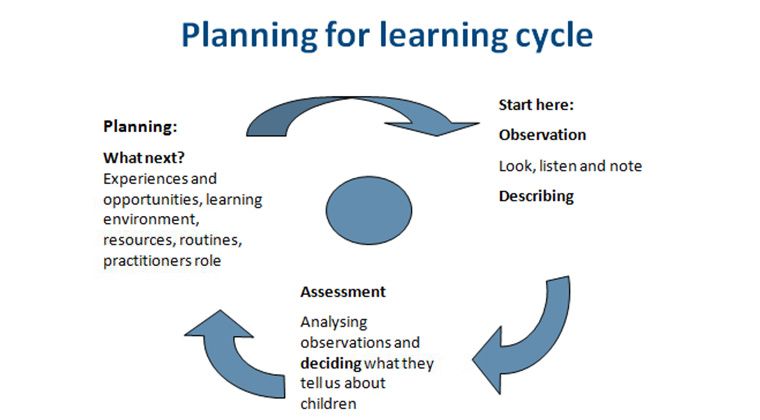 The second note describes rather than interprets Umar's behaviors. It provides a much clearer picture about what Umar actually does and says during the arrival routine.
The second note describes rather than interprets Umar's behaviors. It provides a much clearer picture about what Umar actually does and says during the arrival routine.
Objective, factual written observations include the following:
- Descriptions of actions
- Descriptions of children's vocalizations
- Direct quotes of children's language
- Descriptions of facial expressions and gestures
- Descriptions of creations (e.g., stacked blocks, scribble drawings, finger-painted pictures)
The following words are often found in written observation notes.3 However, these and other similar words can be interpreted in many ways and express judgment. They should be avoided.
- Intelligence: smart, slow
- Lyle completes the two-piece shape puzzle correctly. He is such a smart baby!
- Feelings: angry, mad, sad, upset, happy
- Jorge gets angry and splashes water from the water table on the floor.
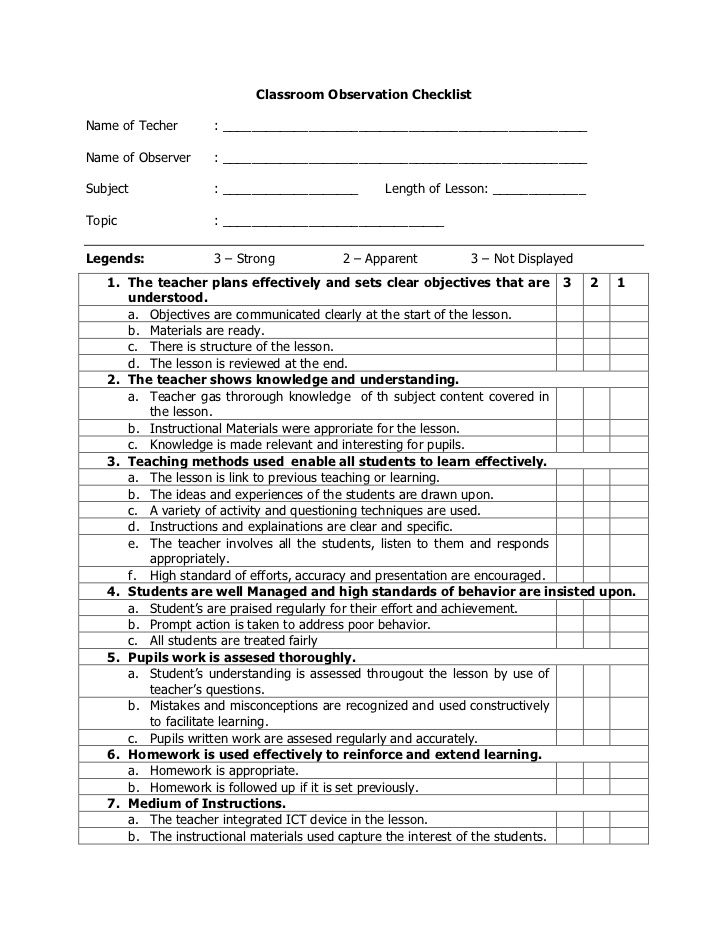
- Jorge gets angry and splashes water from the water table on the floor.
- Intentions and preferences: wants, likes, loves, "because"
- Sonia hits Andre when he picks up the doll she dropped because she wants her doll back.
- Labels: bored, distracted, cooperative, aggressive, hyperactive, helpful, withdrawn, shy, outgoing, fussy, bad, good, silly, cute, beautiful
- Inette was distracted when I tried to feed her. She kept turning her head away.
- Evaluations: good job, bad job
- Oliver does a good job putting the toys away.
- Time and amounts: always, never, a lot, long time, short time
- It took a long time for Hannah to settle down and stop crying after her grandfather left the room.
Interpreting the meaning of children's behaviors and interactions is important. Impressions, feelings, and insights about children are extremely valuable to the individualizing process. However, staff first need accurate, factual information to draw conclusions later on about children's skills, behavior, interests, and needs.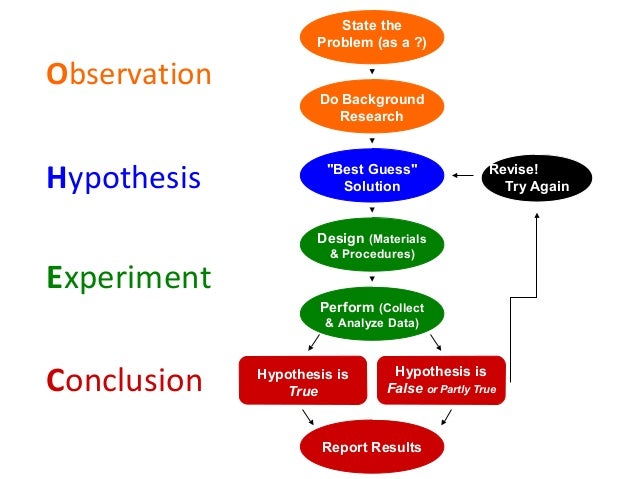
1National Infant & Toddler Child Care Initiative, Infant/Toddler Development, Screening, and Assessment (Washington, DC: U.S. Department of Health and Human Services, 2010), 22.
2Laura J. Colker, A Trainer’s Guide to Observing Young Children: Learning to Look, Looking to Learn (Washington, DC: Teaching Strategies, 1995), 7.
3Ibid, 7; Derry G. Koralek, Amy Laura Dombro, and Diane Trister Dodge, Caring for Infants & Toddlers, 2nd ed. (Washington, DC: Teaching Strategies, 2005), 372.
Read more:
Child observation
, Child Screening and Assessment
Resource Type: Article
National Centers: Early Childhood Development, Teaching and Learning
Last Updated: December 3, 2019
10 Tips to Write Meaningful Observations in Early Years- Illumine
Observing young children is an important component of how you teach them in their early years. Teachers must select how best to handle these observations, just as they must pick how best to approach learning experiences. There are no set formats or time limits. However, there are certain tips to help make the process of observation in the early years more efficient. You can achieve this efficiently by using various observational approaches.
Teachers must select how best to handle these observations, just as they must pick how best to approach learning experiences. There are no set formats or time limits. However, there are certain tips to help make the process of observation in the early years more efficient. You can achieve this efficiently by using various observational approaches.
In this post, we’ve outlined what makes a good observation for toddlers and how you write insightful observation reports to assess their development and learning process.
Table of contents
- Why are observations in the early years important?
- What makes a good observation in early childhood?
- What are the best types of observation in the early years?
- How do you write good observations for toddlers?
- How do you use observations to support the learning of toddlers?
Why are observations in the early years important?
Source: Red Rocks Community College
Let’s consider a case in which two toddlers are disrupting your class by throwing toys at each other in the classroom.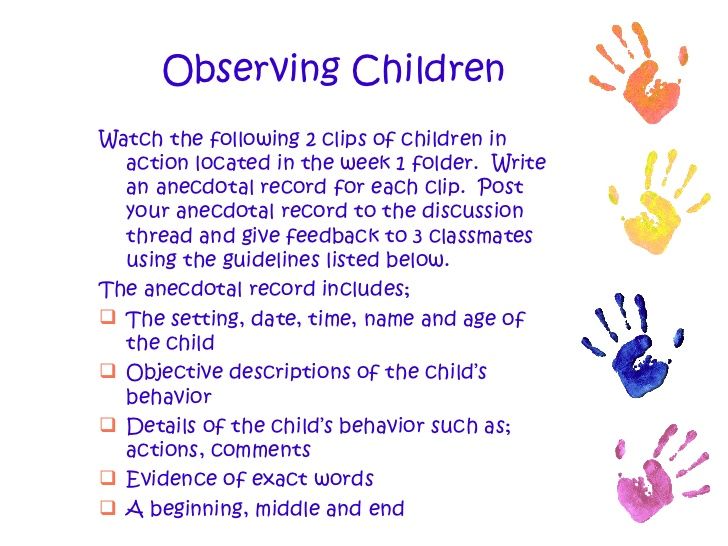 Instead of punishing them, you decide to observe them and arrive at the conclusion that these two students have made a game out of it. As a result, you dedicate an area of the classroom to this game where these two are able to redirect their energies stacking soft blocks and throwing them after, thus developing their cognitive skills.
Instead of punishing them, you decide to observe them and arrive at the conclusion that these two students have made a game out of it. As a result, you dedicate an area of the classroom to this game where these two are able to redirect their energies stacking soft blocks and throwing them after, thus developing their cognitive skills.
Respecting a child’s best interests while keeping them healthy, happy, and safe is a top priority for any EYFS teacher. Staff who observe children on purpose gain immense value out of it in the following ways:
- Personalize care for each student
- Learn about children’s relationships, and their learning experiences, behaviors, schedules, and routines
- Measure and track children’s development in acquiring skills and concepts, as part of the ongoing assessment cycle
- Gain a solid understanding of how children think, feel, and perceive the world
As a result, EYFS teachers are able to make educated judgments about how to deliver learning experiences in the classroom.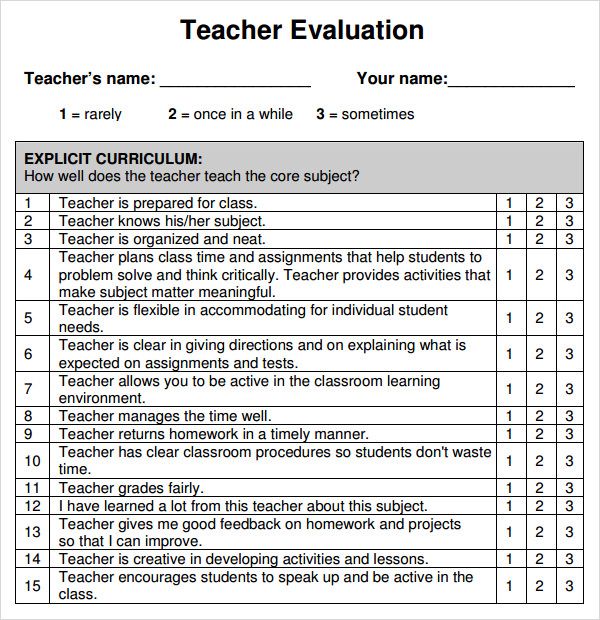
What makes a good observation in early childhood?
Such a simple concept, yet when used in early childhood settings, it can be unclear as to what exactly is anticipated when we talk about observing children. Observing is obviously the act of looking and focusing. It also includes the ability to listen, question, reflect, and document what you see. Here’s what makes a quality observation in the early years:
Read: Writing Effective Preschool Assessment Reports: A Quick Guide
Descriptive
A good observation is one that describes the interaction between the child and another child, an adult, or an object. The description doesn’t have to be long and drawn-out, but it should give a sense of the interaction with that youngster.
Using the child’s voice to demonstrate how engaged the child is with their learning is a terrific way to go. Quoting the child is a great approach to do since it demonstrates the child’s thoughts, mental processes, and how they interact with others.
Future-oriented
Good observations provide a clear picture of the child’s progress throughout time. Look for the following things when observing a child:
- The child’s demonstrated interests
- New skills demonstrated by the youngster that has not been noted in previous observations
- Learning that expands on previous skills or knowledge
It’s also crucial to recognize whether there are any areas where a youngster is experiencing significant difficulty so that you can create opportunities for them to improve. Consider whether the youngster would benefit from practicing any abilities, such as counting or fine motor skills.
Reflective
Recognize the learning that the youngster is doing and scaffold it to get the most out of the teachable moments. To help the child in providing their thinking and ideas, you can also consider using open-ended questions in class.
What are the best types of observation in the early years?
Source: First Discoverers
It is important that while using different observational techniques, parents and teachers are well aware of the purpose of what they are doing.
Anecdotal evidence
Anecdotal records should be recorded in the past tense and should include the three Ws: What, When, and Where. With Illumine, you can document the body language in a few clicks and instantly share them with the parents so that they can monitor their child’s activities.
Jottings
This involves scribbling down key occurrences, behaviors, and discussions in short lines.
Example of work
Paintings, sketches, poems, figures, and other crafty creations of the child. You should take notes on what the child did while working on these samples.
Photographs
Photographs reveal a lot about who the child is as a person. Illumine enables you to share photographs of student activities, replete with annotations and descriptions of what was going on at the time it was shot. Parents can download them, like them, and even drop in a comment.
Running records
This method involves taking notes on what you see and what the youngster says as it occurs.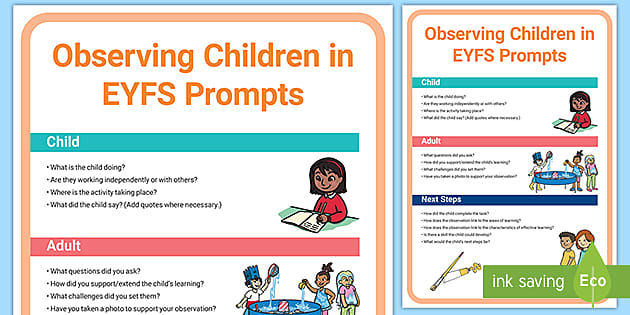
Time samples
This entails making notes on the child’s behavior as well as what the child is doing at various times. This can be done at regular intervals and is useful for recognizing undesirable behavior.
How do you write good observations for toddlers?
When writing observations, remember that you can’t know precisely how a youngster is feeling, so write down or record what you see and hear, not the way you believe he or she is feeling. Here are 10 tips to write meaningful observations for toddlers.
1. Describe what you see
Describe the interests, abilities, and skills of children in the following ways:
- What are kids doing, touching, and saying when they have free time, space, and resources?
- How children react to activities, their surroundings, routines, and unexpected situations.
- Children’s interactions with adults and other children, as well as how they respond to others.
- Any other ways the youngster learns, such as schematic behaviors.
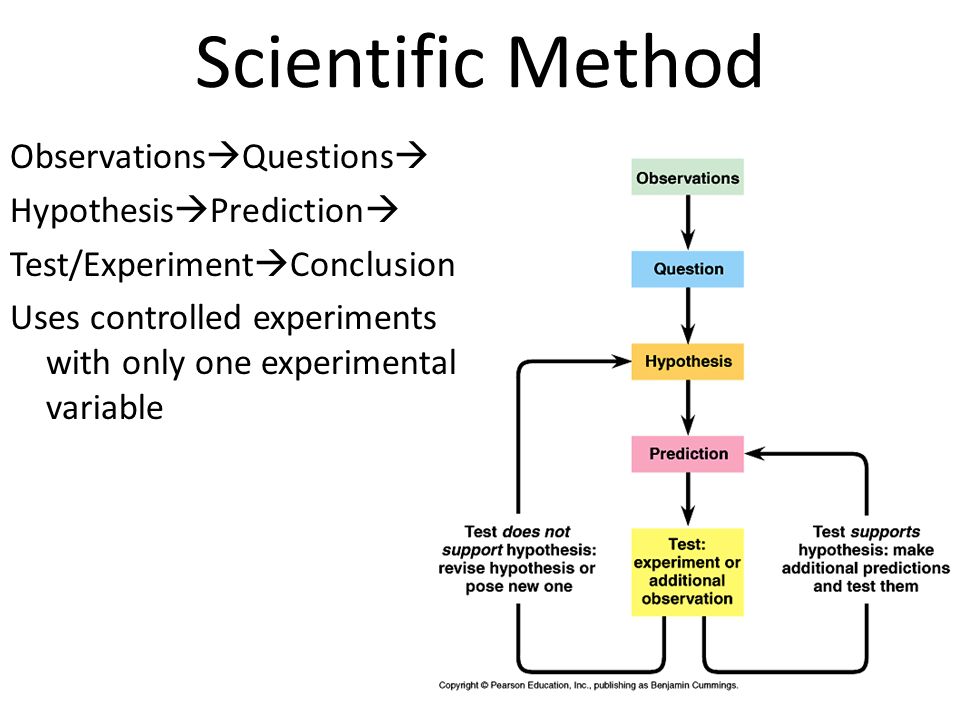
- The child’s disposition, as well as his or her level of happiness and participation.
Illumine has a number of features to make parent communication about student learning easier for you, including video sharing.
Also read: A Secret Tool to Help You Build Preschool Curriculum for Daycare
2. Cap the number of observations
Consider quality over quantity, and don’t observe only to observe. Set no goals for yourself, such as a certain number of observations per child every week, month, or year. Observations should be proportional to the amount of time the child spends in the setting, and most importantly, they should be guided by a goal.
3. Timing matters
For example, has a child just arrived and is feeling disturbed; is it nearly lunchtime and they are hungry; is it naptime and they are sleepy; is it approximately home time and they are unsettled or eager about being picked up soon?
4. Focus on a key trait
You may choose to do a more extensive observation by intently studying a child for a period of time and recording in detail what you see and hear in order to gain a rich, in-depth understanding of the youngster.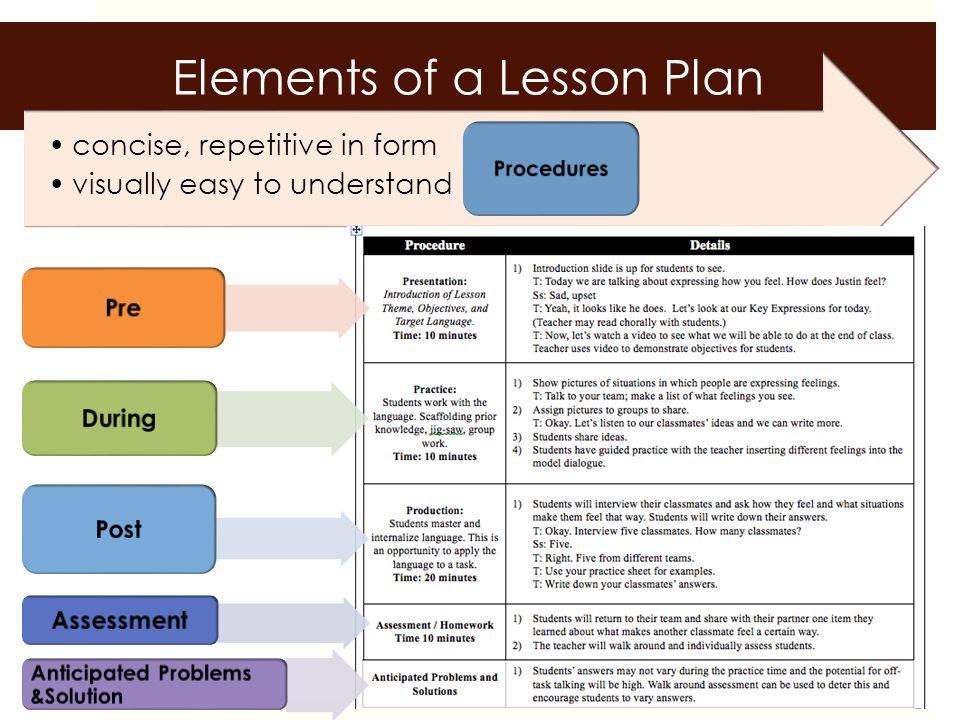
You can choose to focus on one area of a child’s development, such as social skills or fine motor control, or how they interact with their environment and the activities they participate in. Your observations should help you plan what to write.
Once you’ve created a detailed development report, you can share it with the parents on the Illumine app to deepen your shared understanding of the child and keep them up to date. Our daycare report app also has an inbuilt calendar to share upcoming events when you plan to conduct observations in the classroom.
5. Be objective
Take a look at the following observations about Khalid, an 8-month toddler:
Note 1: Arrival on November 29th at 8 a.m.
When his mother brings him inside the room, Khalid has a hard time. He despises being thrown to the ground. When she tries to read a book to him, he ignores her. Crawls over to Lettie and takes the ball from her; becomes irritated when his mother kisses him, says goodbye, and exits the room.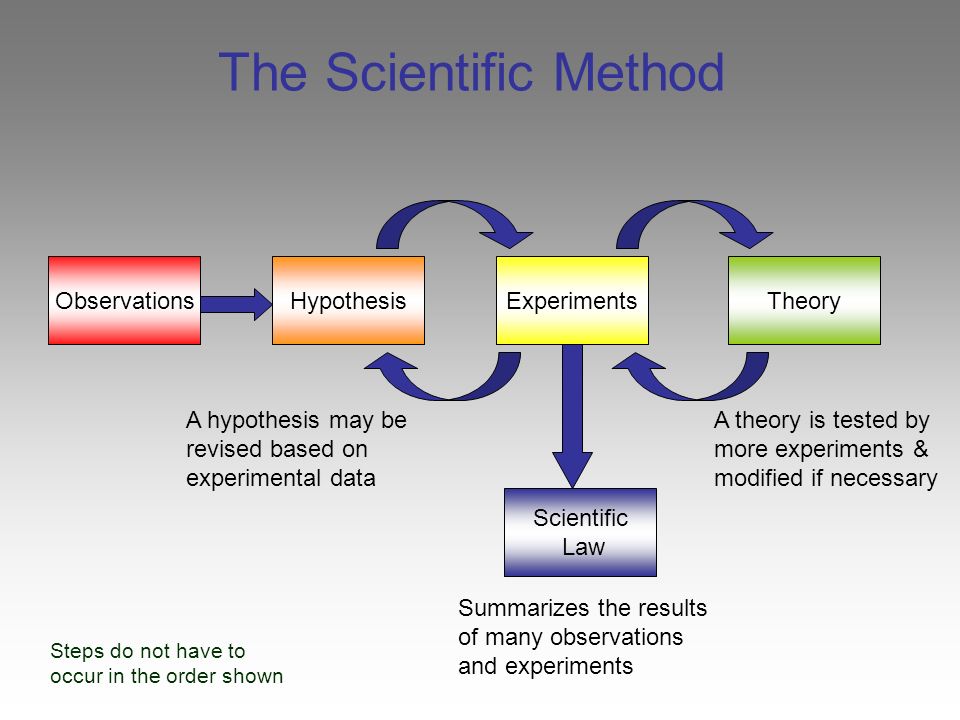
Note 2: Arrival on November 29th at 8 a.m.
Khalid’s mother carries him into the room and places him next to a book bin on the floor. Khalid sighs and whimpers (no tears). Mom takes a seat next to him, takes a book from the shelf, shows Khalid the cover, and begins to read. Mom approaches Khalid, kisses him, says her goodbyes, and walks away. Khalid begins to cry (tears).
The first note contains the teacher’s assumptions and interpretations of Khalid’s behavior, whereas the second note contains the teacher’s assumptions and interpretations of Khalid’s behavior.
Khalid’s actions are described rather than interpreted in the second note. It gives a far more accurate image of what Khalid does and says during the arrival routine.
6. Start with basic information
To put the observation in context, a general overview is offered. There are details on the surroundings and who is in the classroom. Describe the events that took place during the observation.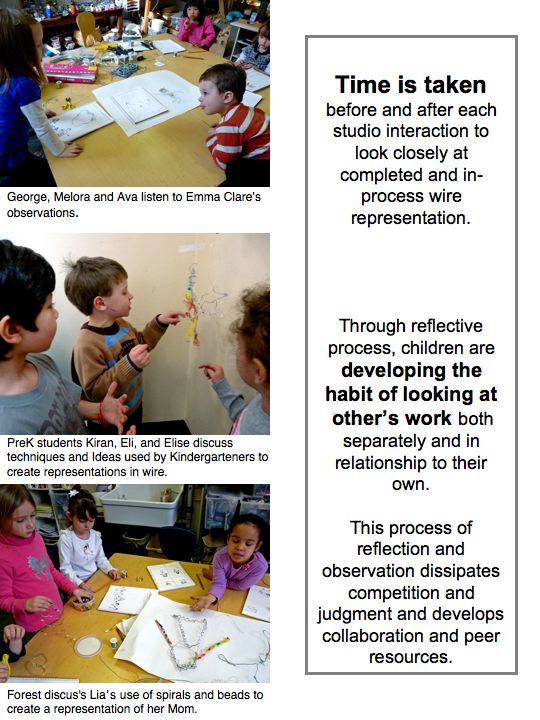 You should document details of what the pupil was doing throughout the observation.
You should document details of what the pupil was doing throughout the observation.
7. Talk about influences on behavior
Include any information that could affect a student’s abilities or behavior in the classroom. For instance, the report should state whether the student comes from a displaced household or speaks English as a second language. In the observation report, explain learning impairments, anxiety causes, and intellectual gifts. This part also contains information about the student’s behavioral concerns.
8. Document student interactions
Include a section in which the student’s conduct and progress are compared to that of his peers. Any assistance that the student receives should be documented.
9. Evaluate your observation
Each part of the observation should have an observation and a comment section. The objective of the observation determines which aspects are analyzed. If a student is being observed in the classroom to see if they are developing adequately, the report would cover social and emotional behavior as well as physical skill displays.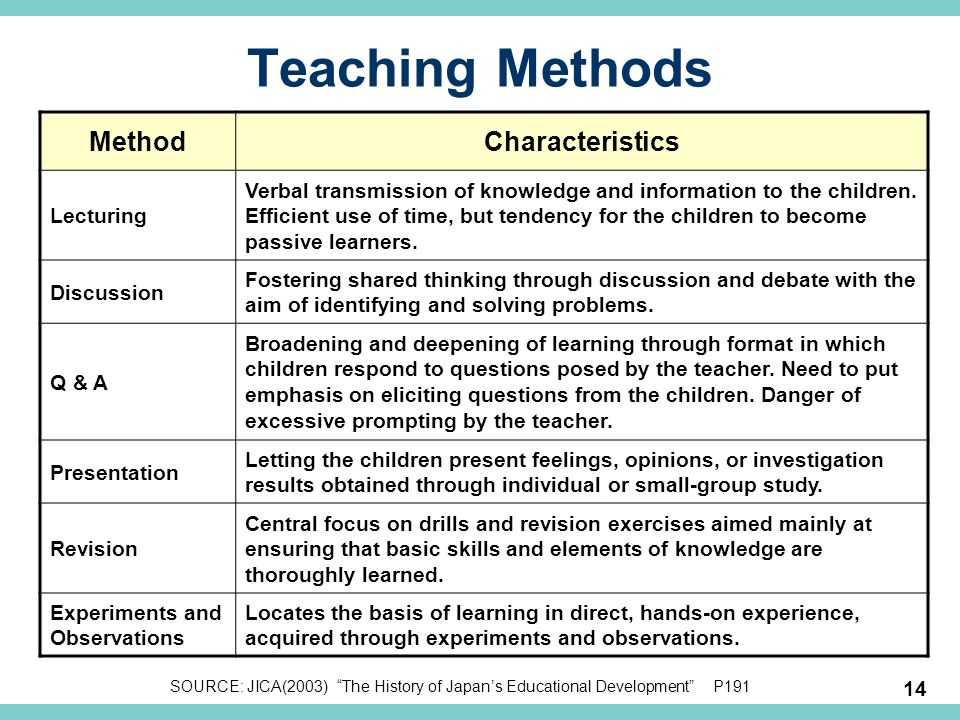
Student assessment reports in Illumine can help you gauge a student’s shortcomings and prepare you to combat them.
Also read: 12 Toughest Challenges Faced by Childcare Owners in 2022
10. Stay flexible
Your observations of the child, as well as your assessment of their needs, interests, and abilities, must be the foundation of your planning. Because children change so quickly and unexpectedly, it’s impossible to plan ahead for the weeks ahead, therefore any plans and routines must be adaptable. The pandemic has made planning forward much more difficult.
How do you use observations to support the learning of toddlers?
At Illumine, we give parents and guardians a chance to witness their children learning in action by documenting observations in the form of photographs, notes, and milestones. You can get a detailed assessment report and make the evaluation process effortless using the preschool assessment tool. Get a glimpse into how you can use our daycare reporting feature to improve parent-teacher communication.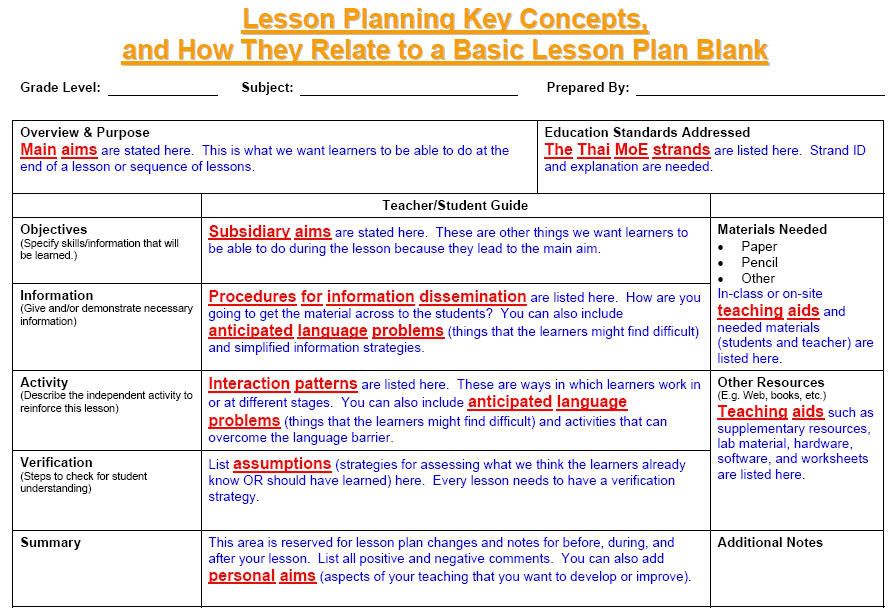 If you’re keen on investing in your students’ futures and exploring their strengths and interests together, book a free demo with us or take an 11-day trial with all features included.
If you’re keen on investing in your students’ futures and exploring their strengths and interests together, book a free demo with us or take an 11-day trial with all features included.
Reviews - Preschooler
Good evening everyone! I want to share my honest and objective feedback with those who are now on the verge of choosing where to send their child for training. We first met "Preschooler" 6 years ago, when it was time to think about preparing my eldest daughter for school. The choice at that moment was made in favor of "Doshkolenok" because of the recommendations of my friends. I can confidently say that it was the right decision! After my daughter, my nephews came here for knowledge, then my son, and even the children of my friends came here now on my recommendations! Here, children immediately receive everything that needs to be purchased by the 1st grade. The first and most important thing is knowledge: the ability to read, understand the text, retell its main idea, memorize by heart (children often learn poetry for all holidays, about every season, about numbers, the alphabet, about nature and various famous children's authors).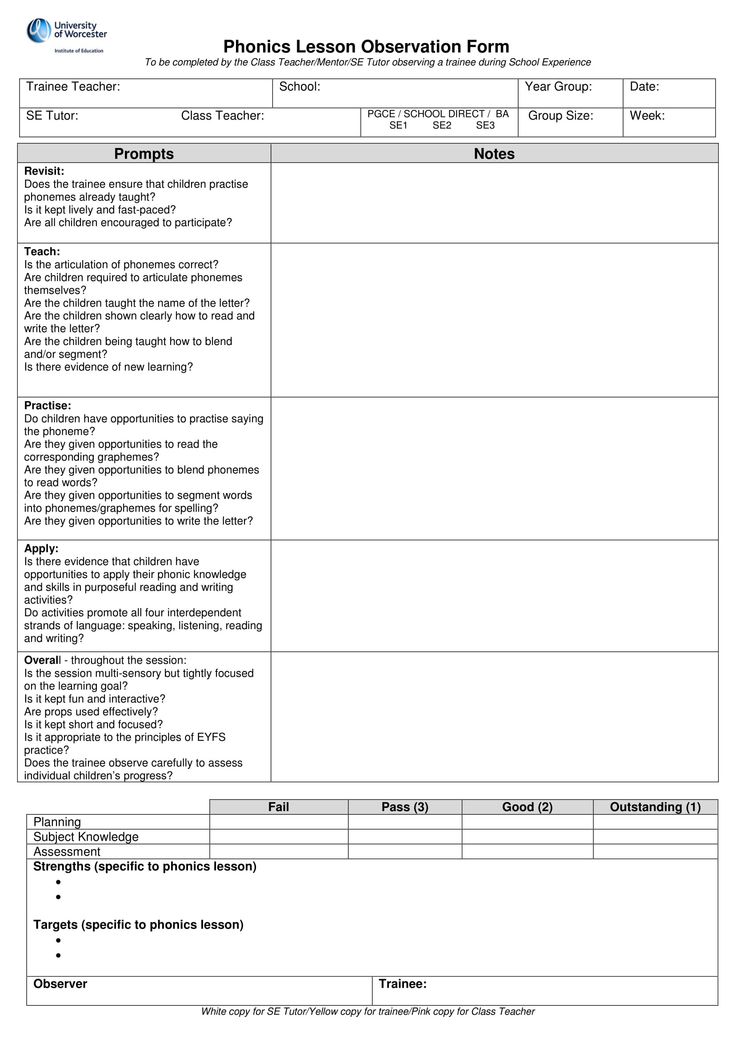 Over the course of two years of study (all my children went to two-year courses from 5 to 7 years old), the children analyzed many tasks for logic, attentiveness, rebuses at each lesson. At the same time, they learned to speak correctly, express their thoughts, and made up stories on various topics. By the age of 7, my children learned to understand the time - this will also come in handy at school! I liked that the children participated in competitions). In addition to reading, writing and mathematics, children acquired knowledge from the world around them (about the animal world, plants, people, professions, continents, space, and many other necessary and useful ones). I appreciated the handouts that children use in class to understand the material. We even bought similar tangram boards and puzzles at home later. I can continue to describe many more interesting points, but still, so that the review does not turn into a long "romance", I will move on to describing another very important point that worries parents - these are the human qualities of the teacher you trust your child.
Over the course of two years of study (all my children went to two-year courses from 5 to 7 years old), the children analyzed many tasks for logic, attentiveness, rebuses at each lesson. At the same time, they learned to speak correctly, express their thoughts, and made up stories on various topics. By the age of 7, my children learned to understand the time - this will also come in handy at school! I liked that the children participated in competitions). In addition to reading, writing and mathematics, children acquired knowledge from the world around them (about the animal world, plants, people, professions, continents, space, and many other necessary and useful ones). I appreciated the handouts that children use in class to understand the material. We even bought similar tangram boards and puzzles at home later. I can continue to describe many more interesting points, but still, so that the review does not turn into a long "romance", I will move on to describing another very important point that worries parents - these are the human qualities of the teacher you trust your child.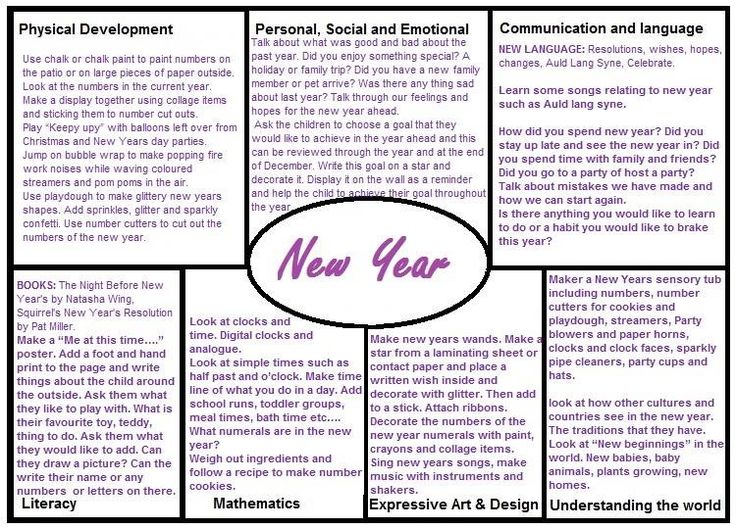 I want to express my admiration and respect to Natalya Rudolfovna! This is a smart and very dedicated teacher who moves with the times, tracking the trends in which the modern world is moving and the corresponding emerging new requirements for the child. Children love her very much, they feel comfortable and free. A friendly atmosphere reigns in the team of children - this is also the merit of the teacher. I want to note that the children quickly learned to respect each other and the teacher: to say hello, ask permission, not to shout from the spot, raise your hand and other skills that will be needed not only at school, but also in any society. As a parent, I also felt comfortable working with Natalya Rudolfovna over the years. Convenience lay in the fact that we could always easily find a compromise if there was a need to reschedule the lesson. I always found understanding on her part, I was never denied help if such a need arose. Finishing my review with this, I can definitely recommend "Doshkolyonok" as a place where your child will be comfortable learning! nine0003
I want to express my admiration and respect to Natalya Rudolfovna! This is a smart and very dedicated teacher who moves with the times, tracking the trends in which the modern world is moving and the corresponding emerging new requirements for the child. Children love her very much, they feel comfortable and free. A friendly atmosphere reigns in the team of children - this is also the merit of the teacher. I want to note that the children quickly learned to respect each other and the teacher: to say hello, ask permission, not to shout from the spot, raise your hand and other skills that will be needed not only at school, but also in any society. As a parent, I also felt comfortable working with Natalya Rudolfovna over the years. Convenience lay in the fact that we could always easily find a compromise if there was a need to reschedule the lesson. I always found understanding on her part, I was never denied help if such a need arose. Finishing my review with this, I can definitely recommend "Doshkolyonok" as a place where your child will be comfortable learning! nine0003
Reviews
Natalya K.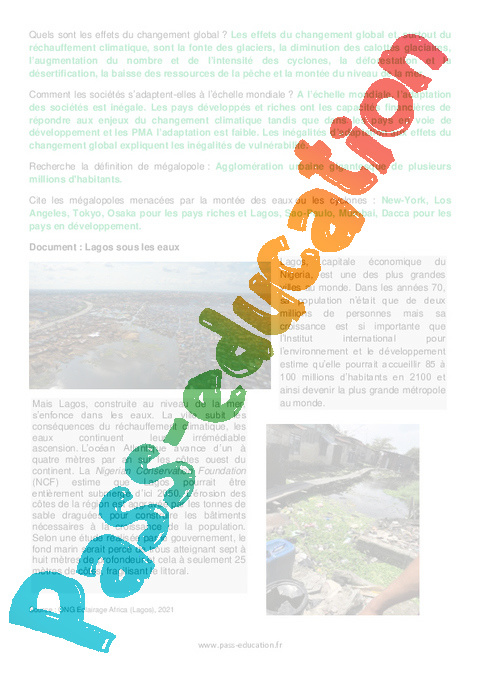
Kindergarten
We went to the kindergarten for 2 weeks. The child is 2.5 years old. Left without tears. I cried for 2 minutes for 2 days. The teachers are excellent. Despite the individual approach to the child in the garden, there are rules and procedures. They work with children. Special thanks to the chef. Have us GKP and nevertheless feed 3 times. The room is good, comfortable and clean.
Julia
Kindergarten
Wonderful kindergarten, my son is 2.5 and he has been attending for more than a year. He gladly runs in the morning to both caregivers and is sometimes indignant that he was taken away early. Another undoubted plus is the food, the garden has its own cook, the food every day is fresh, varied and very tasty. Allergenic foods are also excluded from his menu, I don’t know where else my son’s nutrition would be so monitored. I would also like to note the openness of educators with parents, for me this is an important factor in the safety of the child, there are no hush-ups and exclusion of parents from the kindergarten.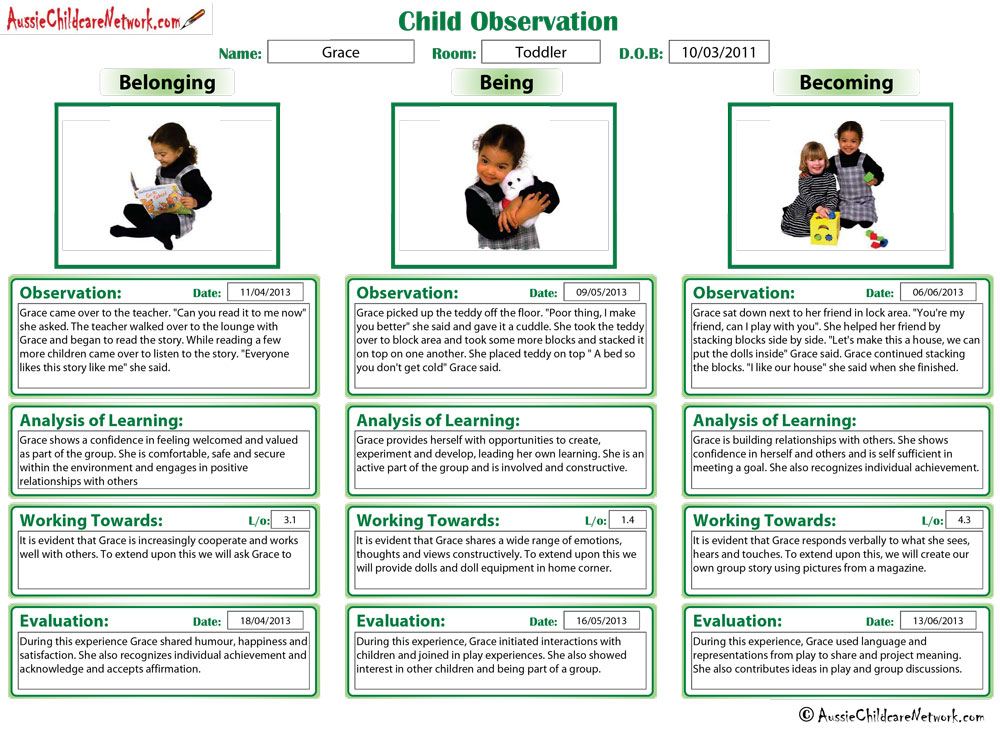 For adaptation, there is the possibility of cohabitation, and the parent sees how the children and the teacher communicate with each other. Leisure is also varied, with children they are engaged in books, speech (sometimes it seems to me that if it were not for the educators, the son would not have made any attempts to speak), I dance, sing and do crafts. Photos from last year, but they show how diverse creativity is in the kindergarten, these are cookies, and drawings, and do-it-yourself toys. Also, much attention is paid to the health of children, a sick child will not be allowed into the kindergarten, and if he gets snotty during the day, he will be asked to pick him up early so as not to infect other children. After an illness, only with a doctor's note. Our pediatrician at one of the appointments said that he really likes such a policy in kindergarten, and he has not seen such a responsible attitude towards the health of children for a long time. nine0003
For adaptation, there is the possibility of cohabitation, and the parent sees how the children and the teacher communicate with each other. Leisure is also varied, with children they are engaged in books, speech (sometimes it seems to me that if it were not for the educators, the son would not have made any attempts to speak), I dance, sing and do crafts. Photos from last year, but they show how diverse creativity is in the kindergarten, these are cookies, and drawings, and do-it-yourself toys. Also, much attention is paid to the health of children, a sick child will not be allowed into the kindergarten, and if he gets snotty during the day, he will be asked to pick him up early so as not to infect other children. After an illness, only with a doctor's note. Our pediatrician at one of the appointments said that he really likes such a policy in kindergarten, and he has not seen such a responsible attitude towards the health of children for a long time. nine0003
katy-ket2014
Kindergarten
We have been going to kindergarten for several months now.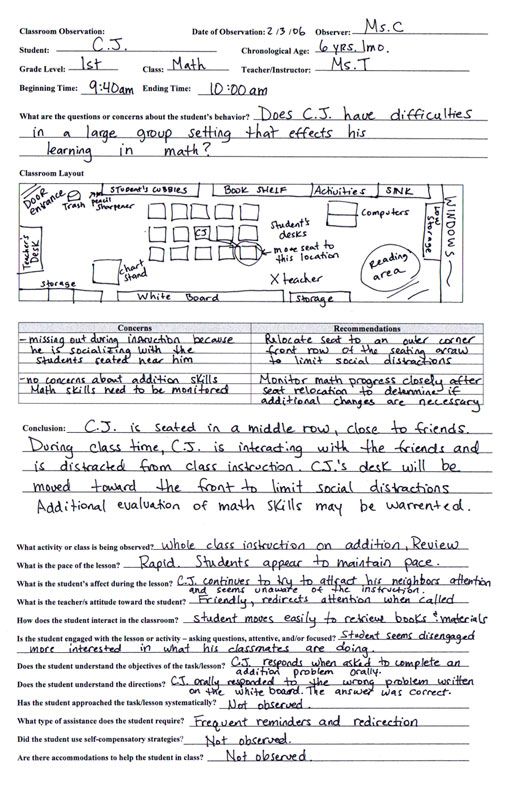 I really like the kindergarten, the child quickly got used to it. The nursery staff is very friendly, helpful and attentive. I'm glad the group is small.
I really like the kindergarten, the child quickly got used to it. The nursery staff is very friendly, helpful and attentive. I'm glad the group is small.
Ekaterina Karmanova
Kindergarten
I was looking for a garden for my 2-year-old son so that he could drive 3 times a week and unload a little in household chores. I am extremely glad that we found this garden. Understanding, kind and sympathetic teachers, thank you very much ☺️
Evgenia K.
Kindergarten
We have been going to kindergarten for half a day for several months, we are very satisfied. My daughter went to 1 year and 5 adaptation went smoothly, the child immediately went to the hands of caregivers (she needed a lot of support the first time I left her). Now he waves at me without looking and stomps into the group. In the garden, an individual approach to both developmental activities and food, for example, soup is separately chopped with a blender for a child. The garden has its own kitchen, everything is fresh.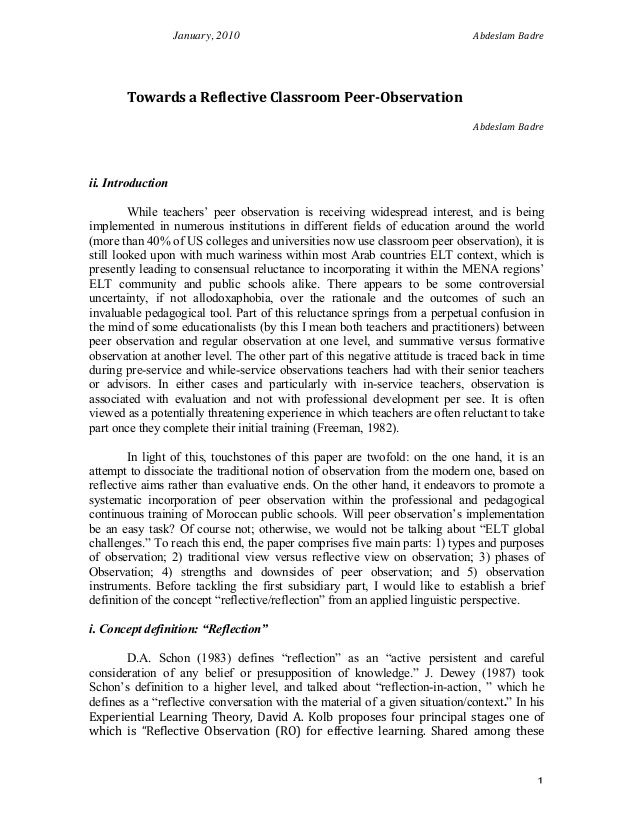 The first time you can go for an hour with a child and see everything. Teachers with a psychological education, sensitive, rather like nannies in terms of the warmth of communication with the child. The daughter from the garden constantly brings some new skills. Previously, they went to classes according to the Montesori method in the same organization, so when the question arose of choosing a garden, they did not even doubt where to give it. nine0003
The first time you can go for an hour with a child and see everything. Teachers with a psychological education, sensitive, rather like nannies in terms of the warmth of communication with the child. The daughter from the garden constantly brings some new skills. Previously, they went to classes according to the Montesori method in the same organization, so when the question arose of choosing a garden, they did not even doubt where to give it. nine0003
Olga B.
Kindergarten
Wonderful kindergarten, my granddaughter goes there. Our whole family is very happy. Our girl is the smallest, but this is a Montessori approach - a mixed age group. Groups are very small and individual attention is given to each child. Very warm and attentive approach to children. Excellent conditions for classes, delicious freshly prepared food. Children are occupied and developed all day (you can go for half a day, which is usually the baby and do it first). Here is a lesson from the cycle "Anatomy" in the photo - children make "lungs".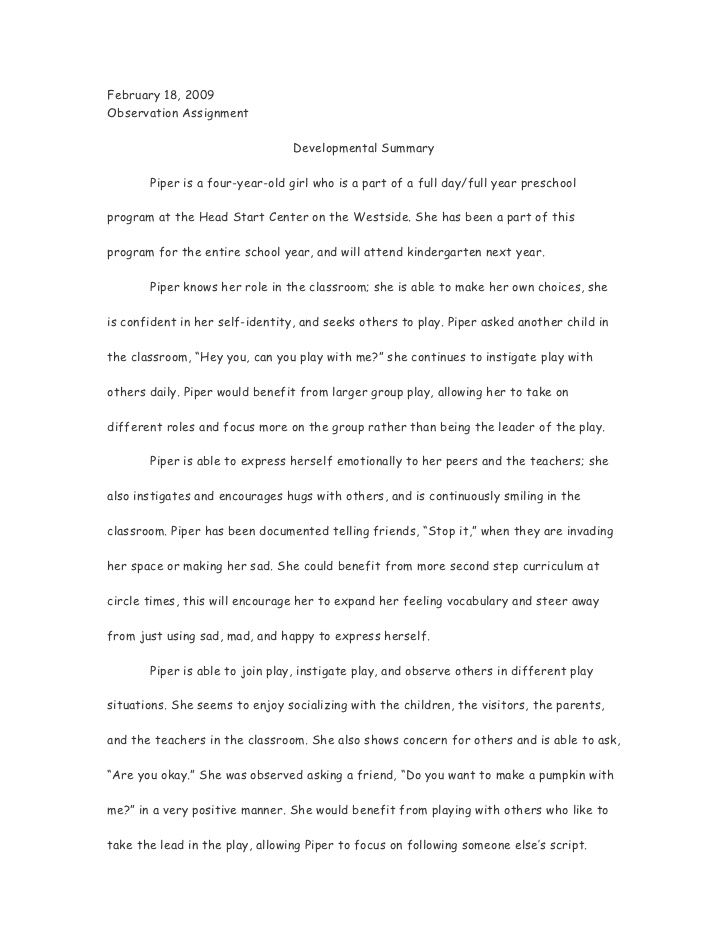 There are also outdoor walks. The best indicator of the quality of a garden is that the children are happy to run there in the morning and don't want to leave at the end of the day. nine0003
There are also outdoor walks. The best indicator of the quality of a garden is that the children are happy to run there in the morning and don't want to leave at the end of the day. nine0003
Yana
Talker
I brought my daughter to the children's development center "Razvivashki" at 7 months (more than a year ago) for Montessori classes. Personally, I liked a lot. Homely, cozy atmosphere, pleasant administrators, a good teacher. I am very satisfied with Polina's classes. I (and not only me) have seen and see progress in the child (we already go to Govorilka). I see joy, interest, my daughter's desire to go to classes. I like the attitude of the teacher to my child, with respect, somewhere demanding and authority. To kiss, pamper, we have grandmothers. We love and thank the staff, teachers and the director of the children's center "Razvivashki" with the whole family. nine0003
Anastasia Ignatova
Montessori
Advantages I brought my son to Montessori for a year, I was worried that it was too early and he would not be interested, but literally from the first lesson it was obvious that the child was interested! We listened to songs and tried to repeat after the teacher) danced, and how much delight there was when we started playing with the materials! Then I realized that we are here for a long time.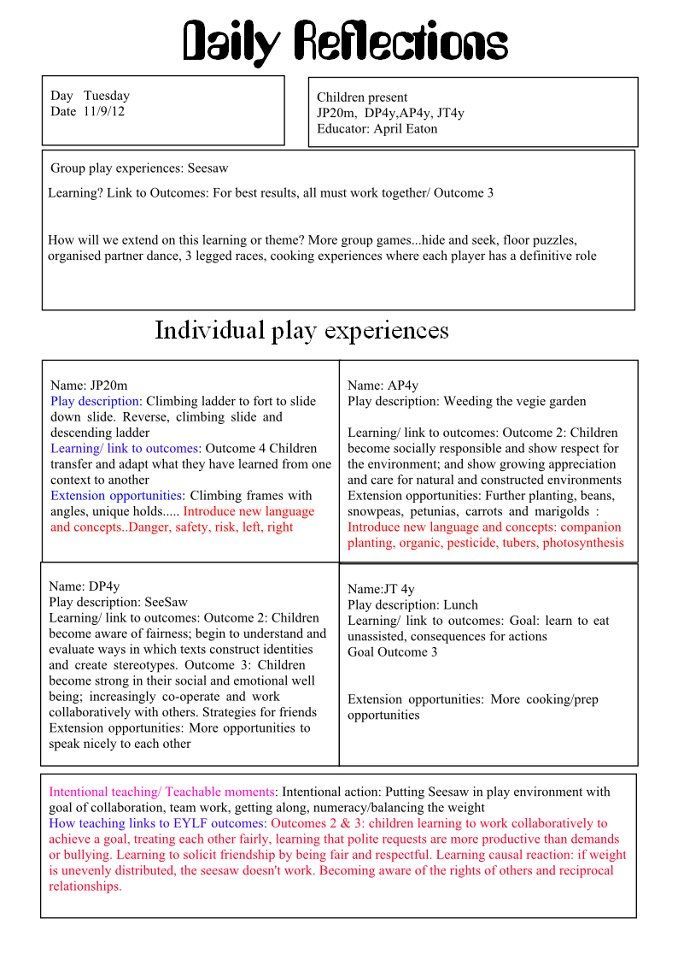 Thank you so much for the wonderful classes and friendly atmosphere!)) Flaws They simply do not exist) the most important thing for me is that the child likes it)
Thank you so much for the wonderful classes and friendly atmosphere!)) Flaws They simply do not exist) the most important thing for me is that the child likes it)
Natalia Romanova
Psychologist
I want to express my gratitude to the teacher psychologist Anna Sergeevna. She is a good specialist, she knows how to find an approach to the child, helps not only children but also parents. We are very attached to her, thank you very much. We recommend her to everyone.
Victoria
Talker
Thank you very much for your work and patience. Gleb repeats every word, remembers your songs, began to hold the pencil correctly in his hand, but most importantly, we started learning poetry in 2.2. I pronounce the line, and he is finishing it. we already know a series of poems by Barto. in September we will continue our studies with you. we miss you very much. nine0003
Badzagua Julia
Speech therapist
We highly recommend speech therapist Natalya Vasilievna Barabanova.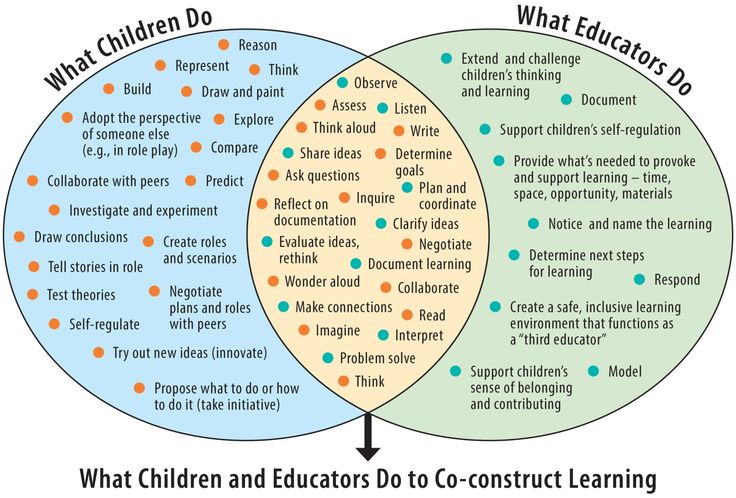 A specialist with a capital letter and with vast experience. We have been going for almost a year now and every time we see the success of the child. It seems to me that one of the main components in learning with excellent results is the relationship between the teacher and the student. Natalya Vasilievna copes with this perfectly well. The child loves going to her classes. Natalya Vasilievna has not only staging sounds in her lessons, but also has speech therapy massage (unless, of course, your child needs it). There is a result. I see that the child began to speak better, vocabulary increased, trying to write and read. Also, since September 2018, we started going to the chess club. I thought we'd try to be like it, we wouldn't like it. After several classes, my son (5 years old) already placed the figures correctly and knew their names. He goes to classes with pleasure, if for some reason there are no classes, he gets very upset. Daria Klimova teaches according to a certain methodology, which is very easy for kids to learn.
A specialist with a capital letter and with vast experience. We have been going for almost a year now and every time we see the success of the child. It seems to me that one of the main components in learning with excellent results is the relationship between the teacher and the student. Natalya Vasilievna copes with this perfectly well. The child loves going to her classes. Natalya Vasilievna has not only staging sounds in her lessons, but also has speech therapy massage (unless, of course, your child needs it). There is a result. I see that the child began to speak better, vocabulary increased, trying to write and read. Also, since September 2018, we started going to the chess club. I thought we'd try to be like it, we wouldn't like it. After several classes, my son (5 years old) already placed the figures correctly and knew their names. He goes to classes with pleasure, if for some reason there are no classes, he gets very upset. Daria Klimova teaches according to a certain methodology, which is very easy for kids to learn.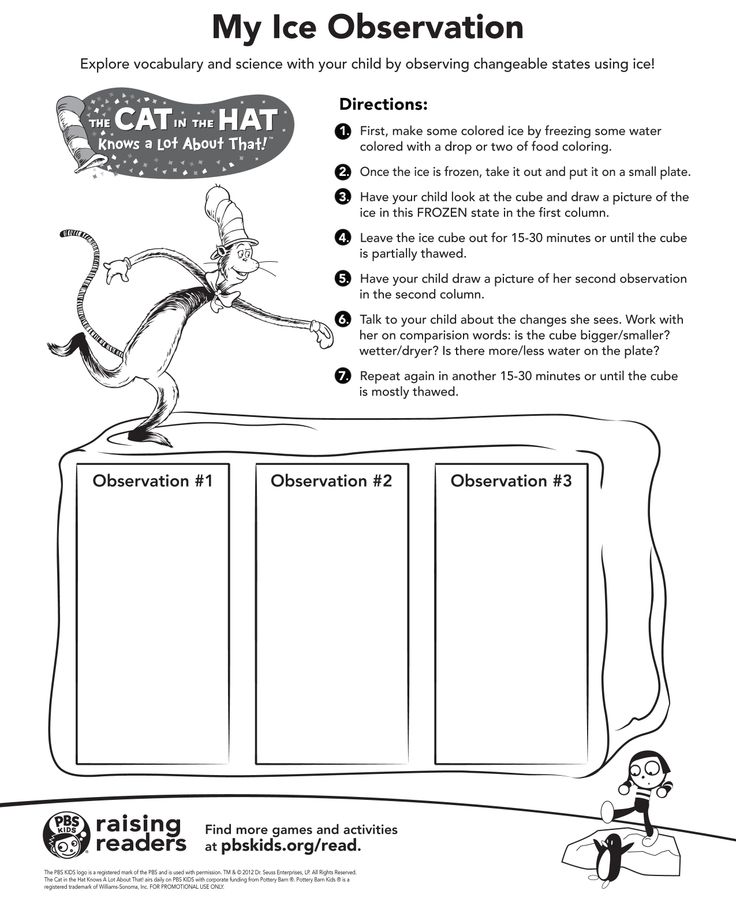 At the moment, my child plays well and interest in the game is only growing. Many thanks to the #Razvivashki studio for such teachers! nine0003
At the moment, my child plays well and interest in the game is only growing. Many thanks to the #Razvivashki studio for such teachers! nine0003
Olga
Speech therapist
Excellent studio with a homely atmosphere. Too bad we didn't know about it before. I take to #RAZVIVASHKI to a speech therapist for individual lessons of my son (4 years old). Natalya Vasilievna is a wonderful teacher! My son enjoys working with her. And the positive dynamics is already visible after a few lessons (he began to speak longer words and pronounce sounds more correctly). It is also a big plus that after the lesson, Natalya Vasilievna talks about what nuances you should pay more attention to and what and how you should work harder at home. nine0003
Lilia
Talker
Good afternoon! We go to our favorite #developers from 2.2g (for a talker), we began to go to classes because the child refused to repeat words and talk. Now my son is 2.6 - he actively repeats everything he hears.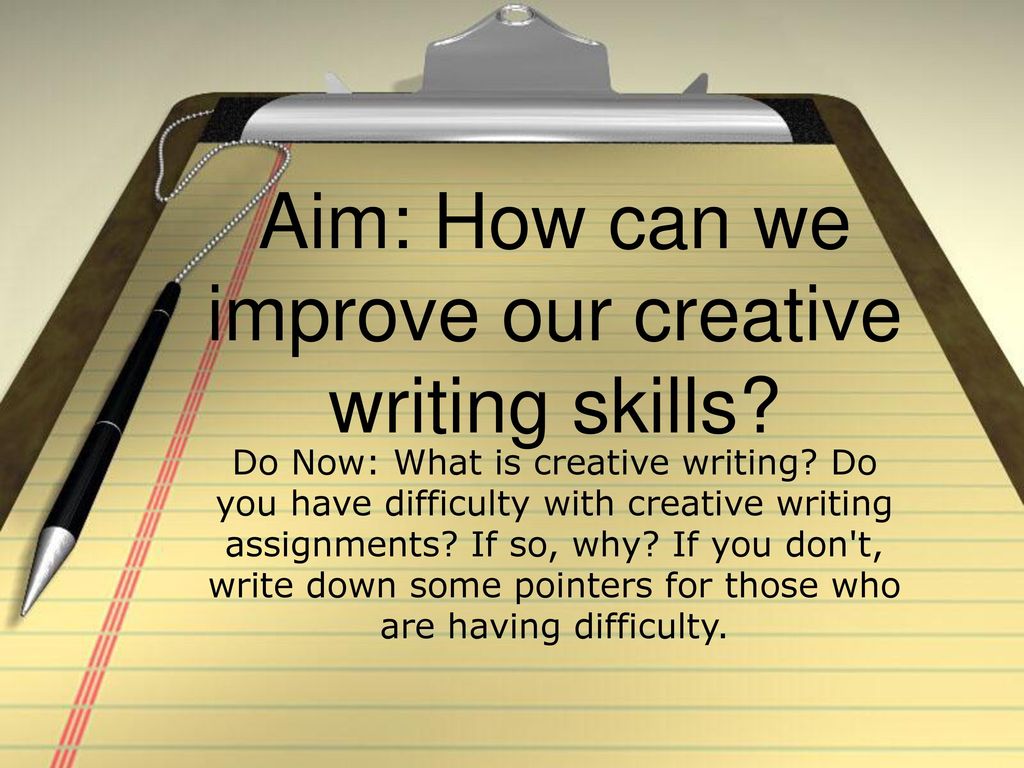 She always goes to Razvivashki with pleasure, at home she repeats everything that she learned in class. We also attended Montessori classes - the child really likes it (especially playing with bulk materials), at Montessori they learned to wait for another child to play with a toy that we urgently needed (we don’t scream and don’t pick up the toy now). Many thanks to the teacher Polina for her indifference, warm family atmosphere in the club and the ability to find an individual approach to the child! nine0003
She always goes to Razvivashki with pleasure, at home she repeats everything that she learned in class. We also attended Montessori classes - the child really likes it (especially playing with bulk materials), at Montessori they learned to wait for another child to play with a toy that we urgently needed (we don’t scream and don’t pick up the toy now). Many thanks to the teacher Polina for her indifference, warm family atmosphere in the club and the ability to find an individual approach to the child! nine0003
Polina and Gleb
Hello! My son is 1 year 10 months old, and we have been going to our favorite #developers for 8 months, which we are infinitely happy about (we attend Montessori classes). During this time, Glebushka learned a lot: he became very logical and organized, an understanding of personal space and respect for the space of other children appeared, he became more patient. Thanks to the classes, I learned to clean up toys not only in the group, but also at home - it's amazing when your baby cleans up after himself.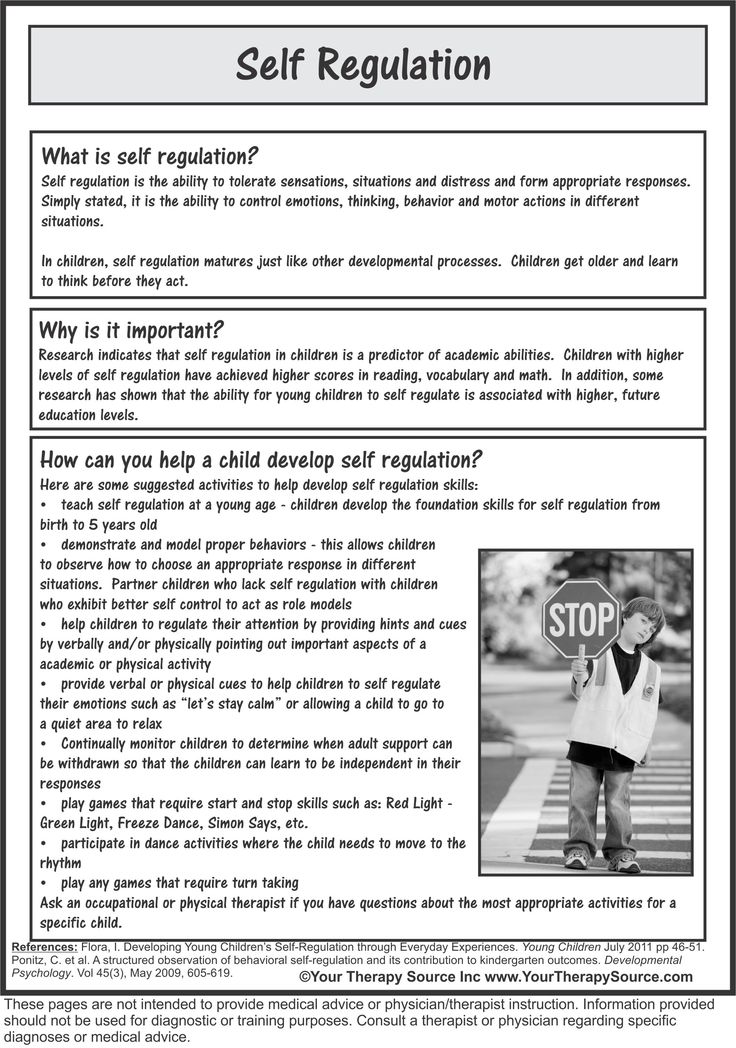 He always goes to work with great pleasure. Now we are moving to a new stage of training in #developments - SPEAKER! Polina, thank you and your team for your amazing work!!! nine0003
He always goes to work with great pleasure. Now we are moving to a new stage of training in #developments - SPEAKER! Polina, thank you and your team for your amazing work!!! nine0003
Julia
Good afternoon. Came when the child was 1.2. The result was visible after 2 weeks. A wonderful teacher, warm atmosphere, individual approach, class time flies by, and most importantly, my son likes it. Thanks to the director Polina for the wonderful team and comfort.
Oksana
Hello! I want to join the positive feedback about the wonderful and Very Homemade #devils! We have been going for the second month, since 1st 4th - Vasiliska really likes it, but I, my mother, am generally delighted - especially with music circles :-D Special thanks to Polina for her loyal attitude towards passes and the opportunity to work them out. Many thanks to all the staff for the warm and friendly attitude towards the kids! nine0003
Marina
The child is almost 4.5 years old, goes to vocals and English.